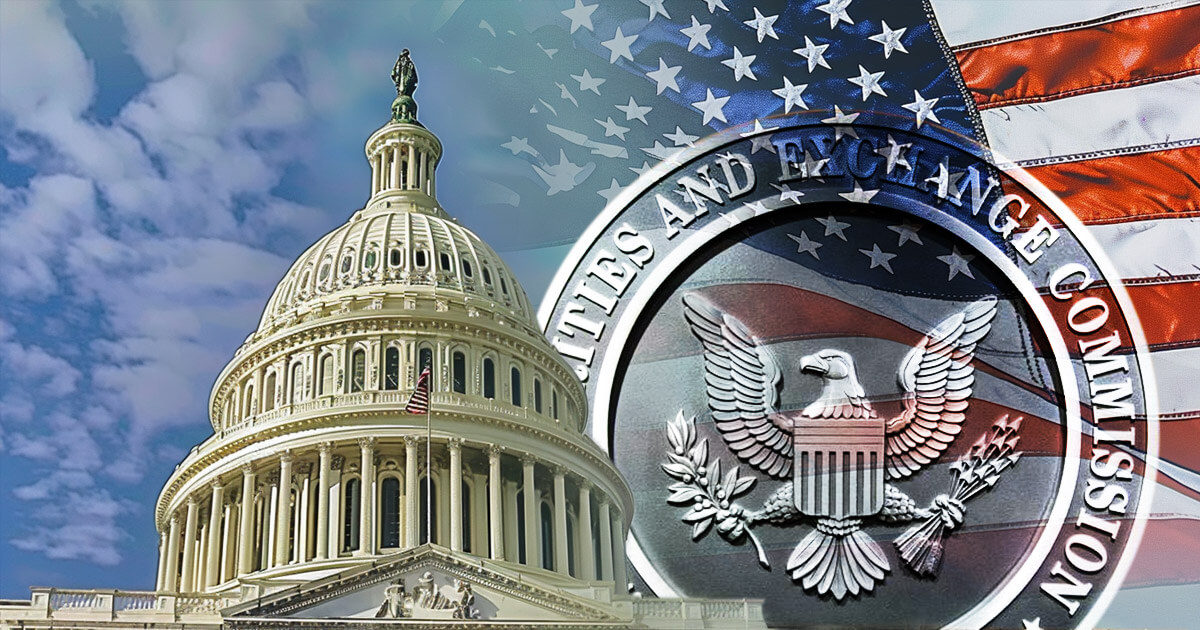
SEC Chair Gary Gensler confronted criticism throughout yesterday’s congressional listening to over the company’s strategy to regulating cryptocurrencies regardless of omitting any point out of digital belongings in his written testimony. Lawmakers and SEC commissioners questioned the effectiveness and readability of present methods, highlighting issues about “regulation by enforcement” and the absence of express tips.
Home Monetary Providers Committee Chairman Patrick McHenry famous that the Home had handed the FIT 21 Act to determine clear guidelines and strong client protections within the digital asset ecosystem. “Greater than two-thirds of the Home, together with 71 Democrats, rejected Chair Gensler’s strategy to digital belongings by supporting readability and client safety,” McHenry acknowledged through the listening to.
The FIT 21 Act’s definition of decentralization was some extent of competition. Some lawmakers questioned whether or not setting a 20% possession threshold and permitting nameless self-hosted wallets might hinder enforcement efforts and regulatory oversight.
Commissioner Hester Peirce criticized the SEC’s reliance on enforcement actions with out offering clear regulatory steerage. “It’s a really unhealthy strategy to making an attempt to manage an trade if you happen to’re making an attempt to guard traders,” Peirce stated. She emphasised that this methodology is inefficient, leaving market individuals unsure concerning the SEC’s authority and compliance boundaries.
Commissioner Mark Uyeda echoed the necessity for the SEC to articulate how present securities legal guidelines apply to digital belongings. “The Fee, as an example, might have articulated, particularly within the context of crypto and digital belongings, the way you apply this check,” Uyeda remarked, referring to the Howey Check used to find out whether or not an asset qualifies as a safety.
Regardless of these criticisms, Gensler maintained that present legal guidelines relating to digital belongings are enough and express. Gensler asserted,
“No matter the place someone shops their ledger in the event that they tokenize a safety—an fairness, a bond, or an funding contract—it’s essential to guarantee that the traders and the investing public have the disclosures they want.”
He argued that tokenization doesn’t alter the elemental economics of an asset being a safety.
Issues have been additionally raised concerning the affect of movie star promotions and potential “pump and dump” schemes within the crypto house. Consultant Invoice Foster questioned whether or not the SEC has sufficient authority to deal with points the place influencers promote investments with out disclosing compensation. “I’ve heard issues from trade individuals about influencers, bloggers, celebrities, and others that use their movie star standing to advertise investments with out disclosing that they’re, the truth is, being paid to take action,” Foster stated.
Gensler responded by saying,
“I’d say I feel the legal guidelines are sturdy. I imply, it’s all the time gaps in sources and we get, uh, on, on common a yr 40 to 50,000 suggestions, complaints, and referrals. That’s, uh, What, 4, 000 a month or so.
And, uh, we, we have now to prioritize these suggestions and complaints and referrals.”
The divide between the SEC’s present regulatory strategy to crypto and the will for extra exact tips turned evident all through the listening to. Whereas some commissioners imagine that statutory definitions from Congress are obligatory, others argue that the SEC might make the most of its present authority extra successfully to supply readability for the crypto trade.
The SEC’s written and oral testimony centered on subjects like cybersecurity incidents, conflicts of curiosity in securitization markets, and enhancements to public reporting and knowledge transparency. Nonetheless, the company’s omission of any direct references to cryptocurrencies in its testimony highlights the stress between its priorities and the issues of lawmakers and trade individuals in search of regulatory readability within the quickly evolving digital asset panorama.
The decision for clear guidelines of the highway and strong client protections stays a urgent subject, with stakeholders advocating for a regulatory framework that fosters innovation whereas safeguarding investor pursuits.

